The Dunning–Kruger Effect
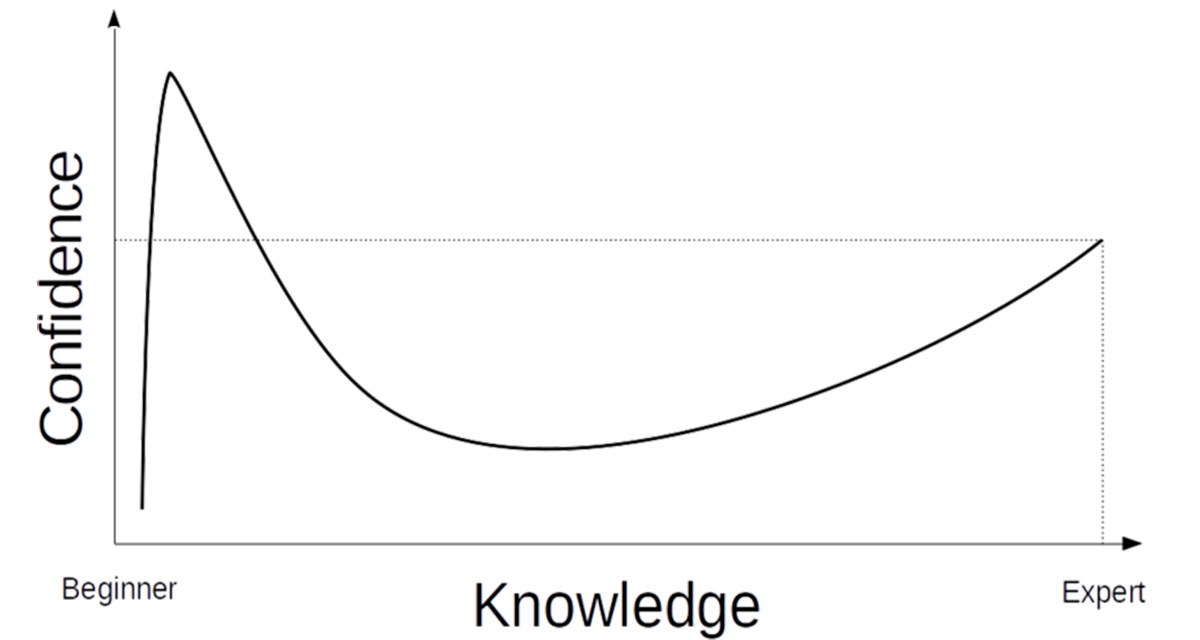
The Dunning–Kruger effect is when people over-estimate their competence in something due to a lack of experience in that thing.
Psychology is the study of mind and behavior. It’s best described as a social science, although specific aspects can focus on anything from biology, to the humanities, to philosophy.
Below are a collection of facts and myths about psychology and social psychology pertaining to individuals, groups, and the collective.
TIP: Check out the YouTube playlist of Crash Course Psychology for a crazy amount of good information.

The Dunning–Kruger effect is when people over-estimate their competence in something due to a lack of experience in that thing.
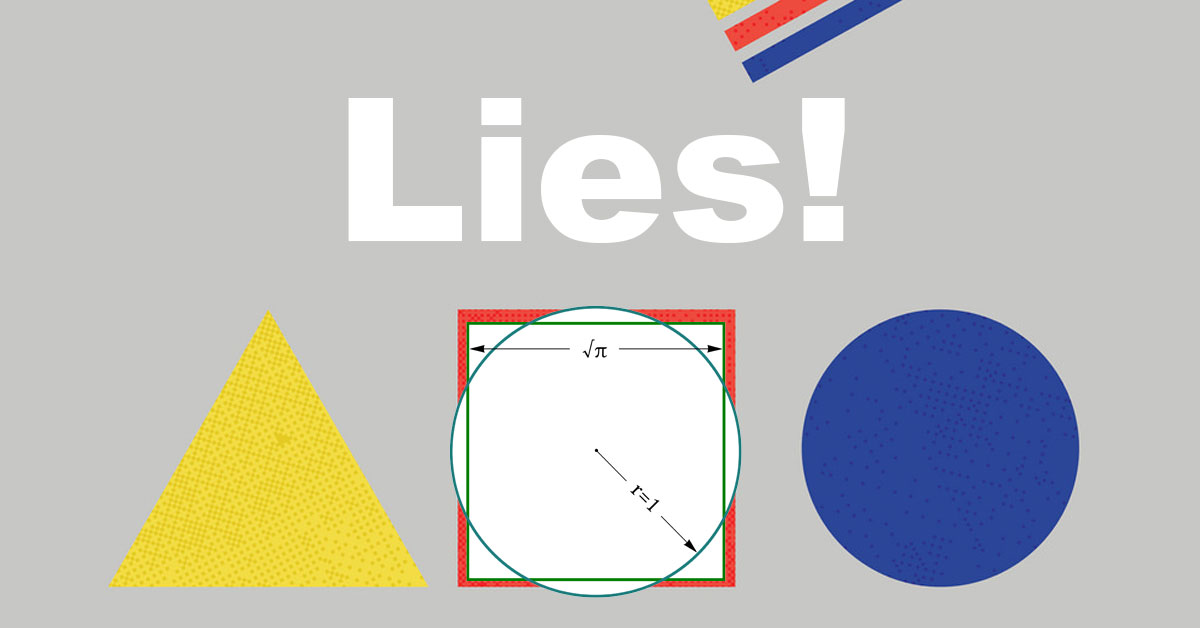
I would argue that most sources of information and any information they contain should not be dismissed due our thoughts on them in general or a portion of their content. Instead, I would argue that any source is capable of presenting good and useful information, even if they typically don’t.
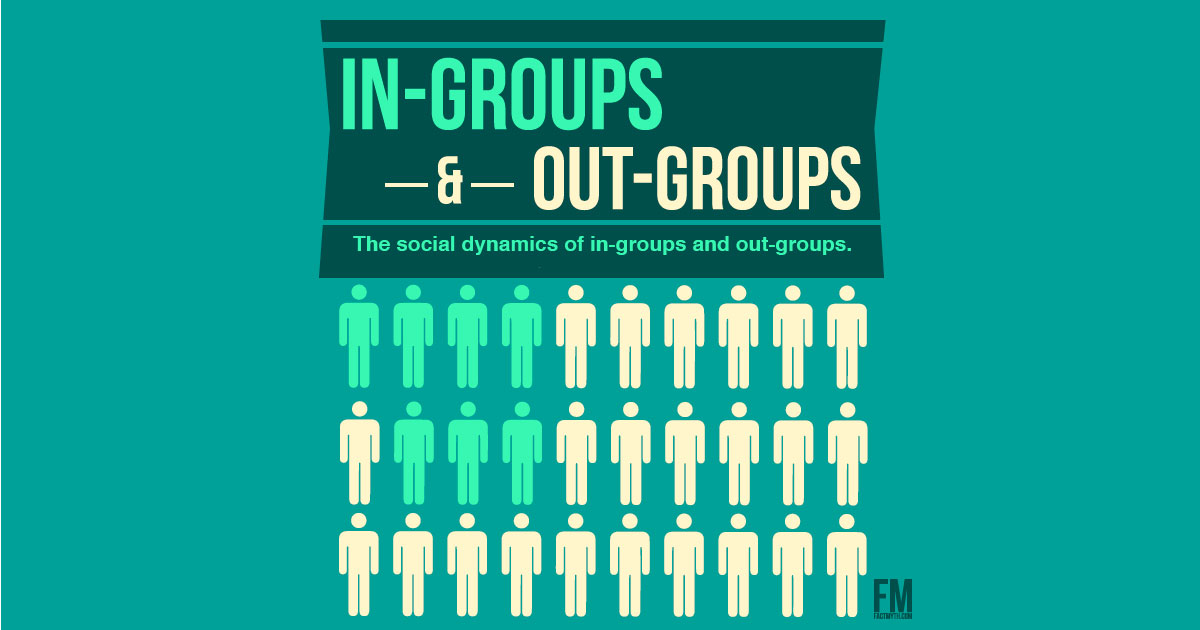
What is true for members of a group on average isn’t always true for individuals in those groups.
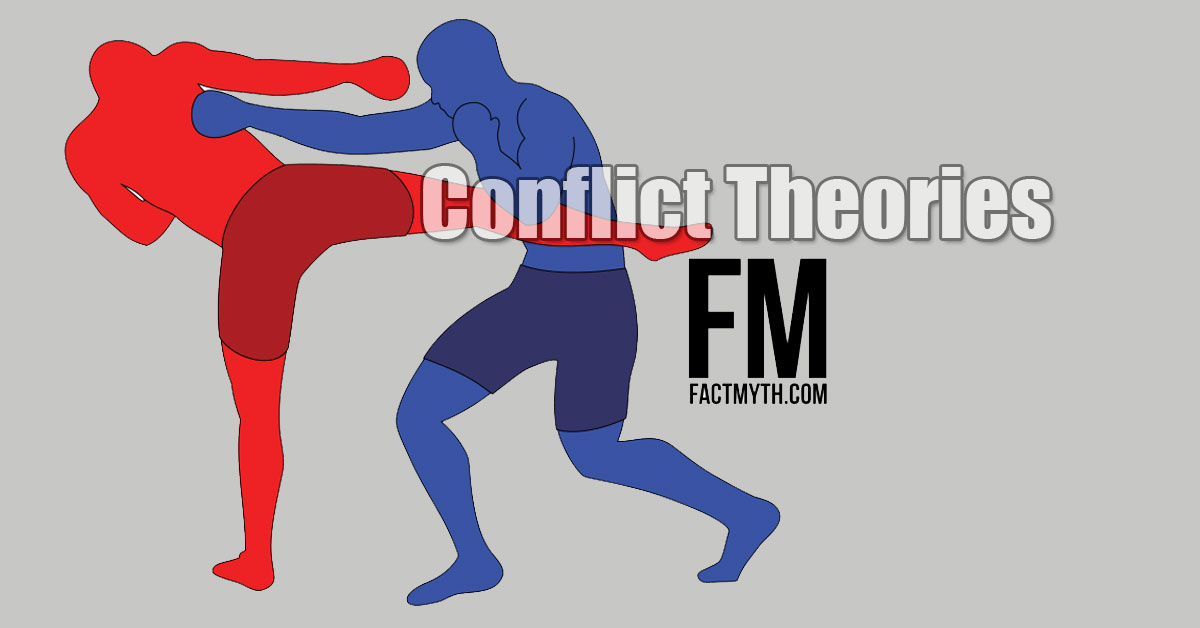
We explain Marx’s conflict theory and other conflict theories to show how tension between social, political, material, and other forces manifest.
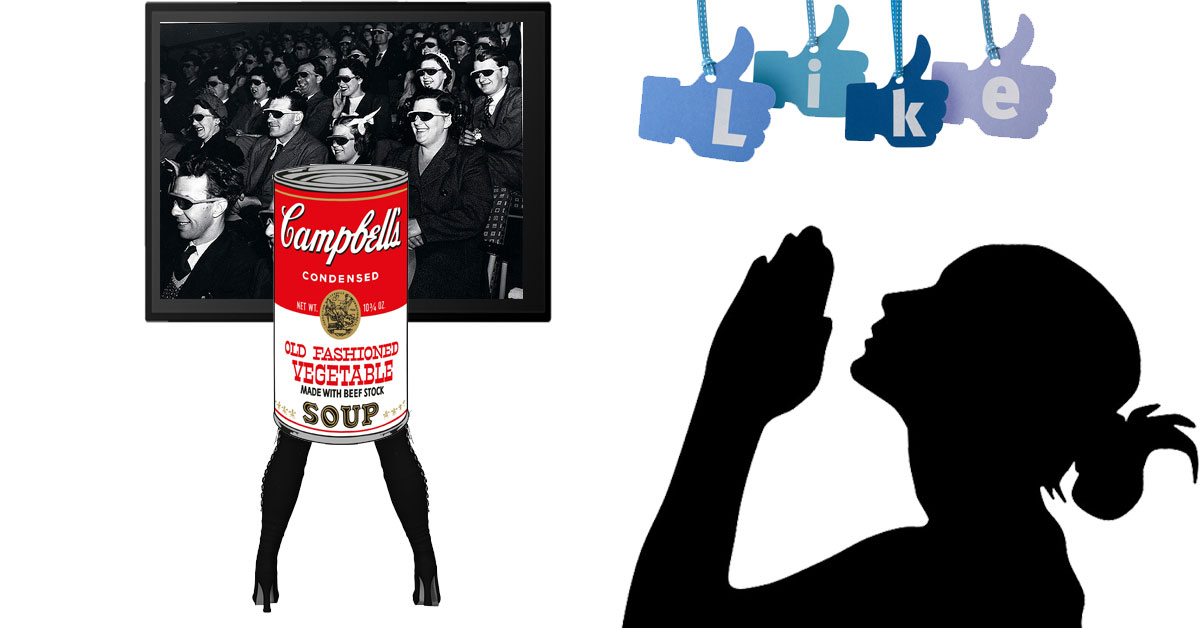
We define terms related to “the society of the spectacle” like commodity fetishism, consumerism, “proletarianization,” and alienation.
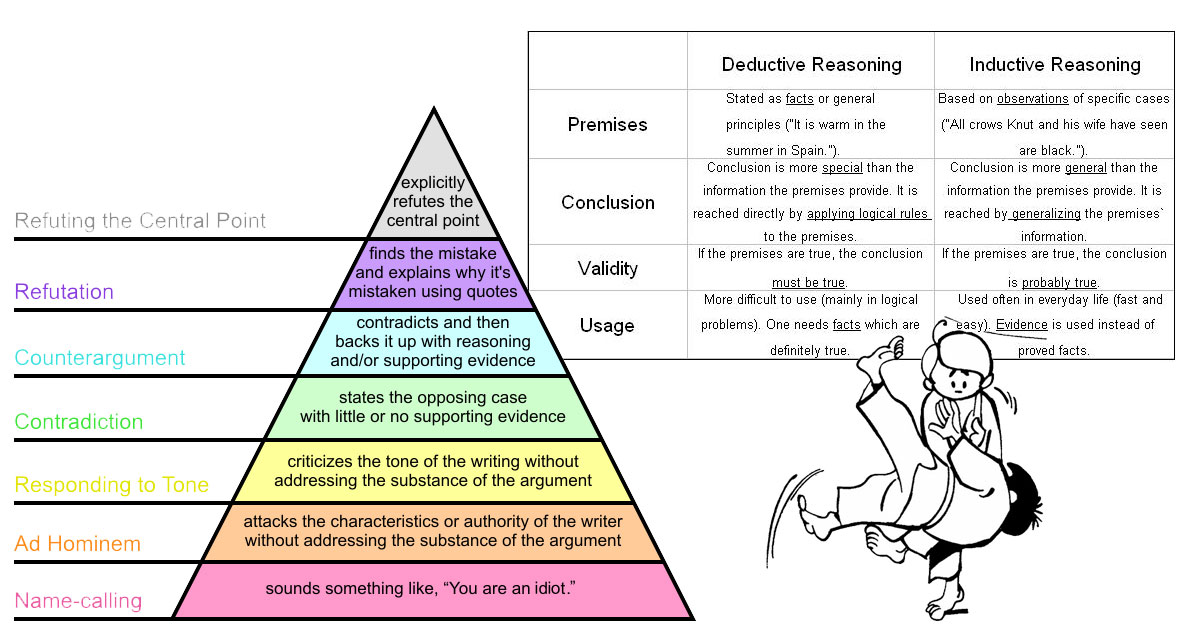
We present a list of types of propaganda, propaganda techniques, and propaganda strategies used to manipulate public opinion in the modern day.
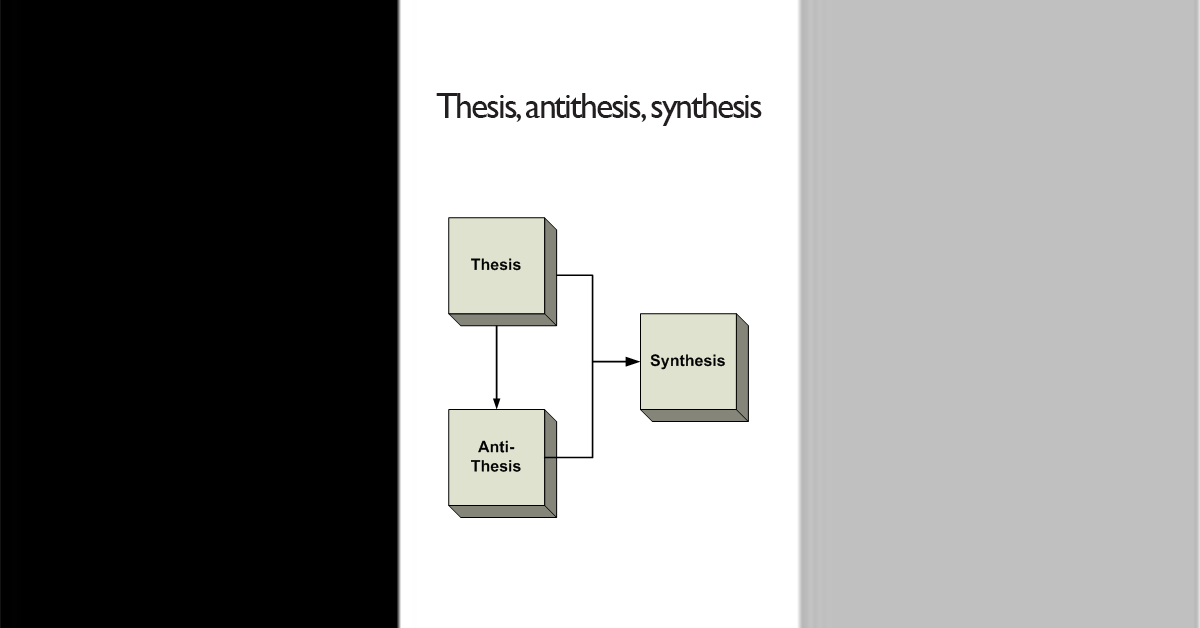
In physics things have equal and opposite reactions, but in social dynamics things often have “unequal and unopposite reactions”.
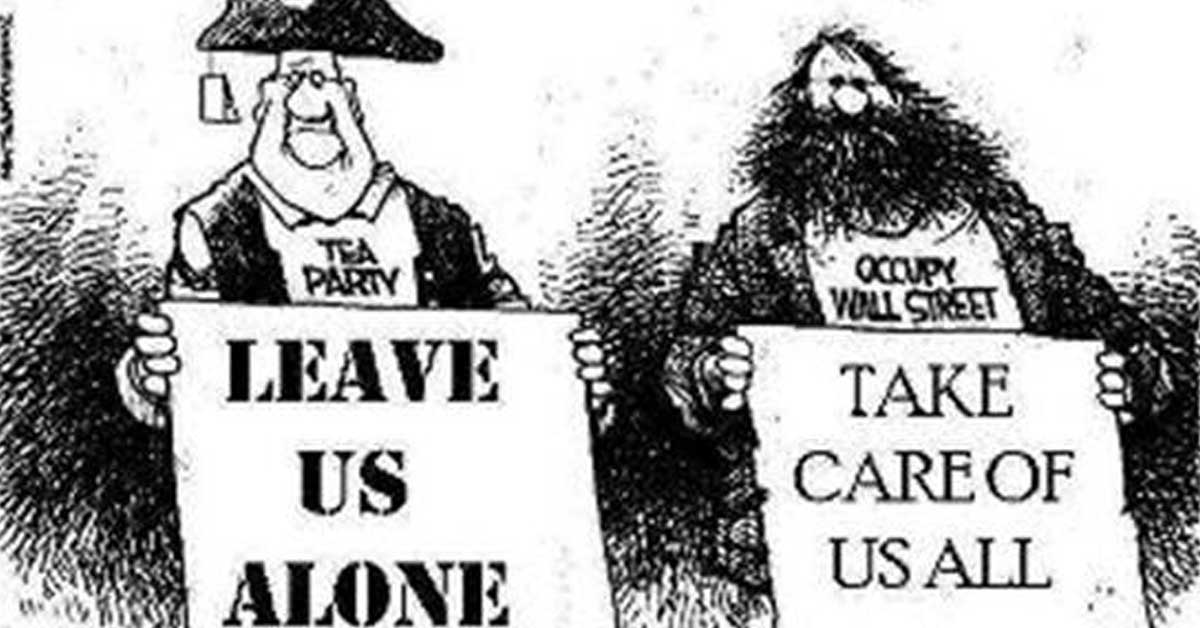
We explain how experience and social interactions shape our frame of reference and create ideological bubbles, and how this creates confirmation bias and “bubble filters” that reinforce these bubbles.
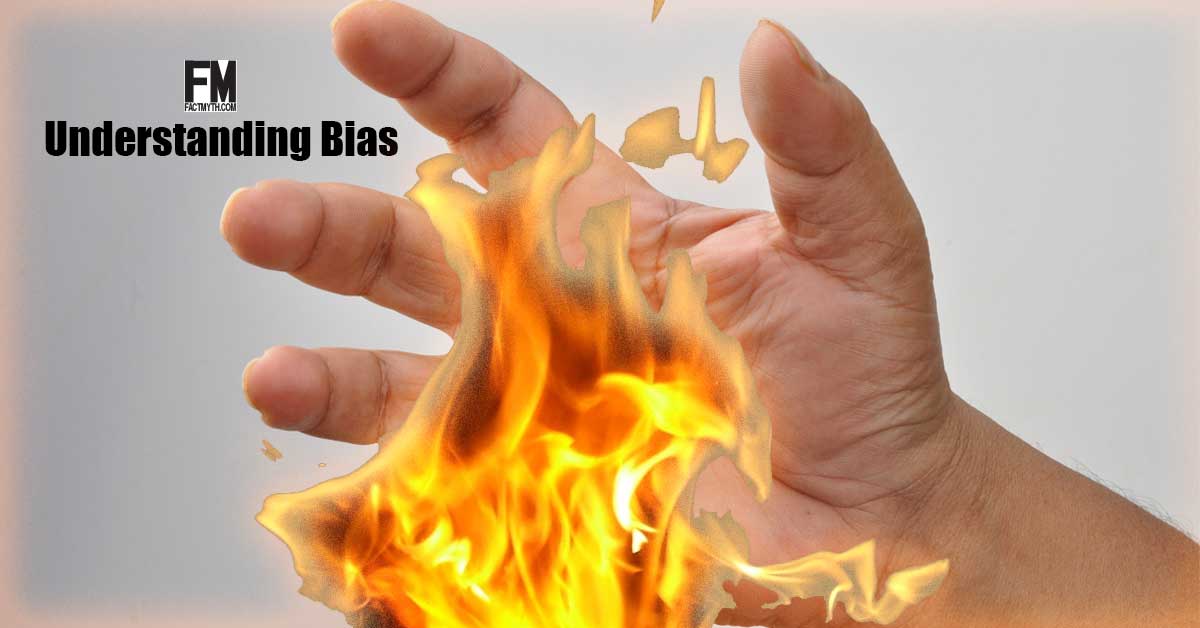
Explicit bias is conscious bias, implicit bias is subconscious bias. Everyone has natural implicit and explicit bias, it’s part of being human and what shapes our actions and attitudes.

In modern history political factions have often been represented by a color, we look at political color to understand color politics.